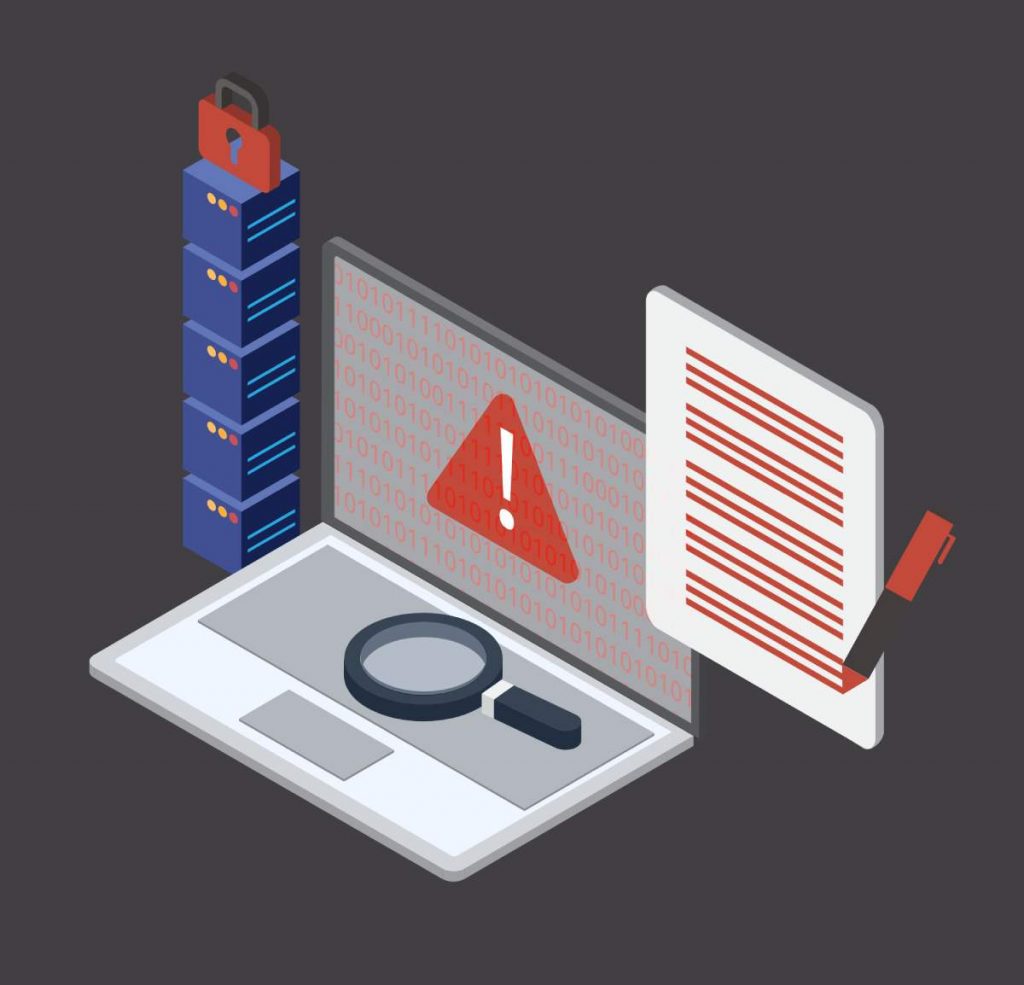Payoneer Scams Explained
Payoneer is a popular online payment platform that allows users to send and receive money across borders. It is especially useful for freelancers, e-commerce sellers, and digital nomads who work with clients or platforms from different countries. However, like any other online service, Payoneer is not immune to scams and fraud. Here are some common types of Payoneer scams and how to avoid them.
Phishing Emails
Phishing is a fraudulent attempt to obtain your personal information, such as your email, password, username, credit card number, or other confidential details, by pretending to be a legitimate entity. You might receive phishing emails that appear to come from Payoneer but actually are not really from them.
The email looks convincing, but there are some clues that reveal it is a scam. For instance, the sender’s address does not end with @payoneer.com, the logo is blurry, the grammar and spelling are poor, and the link does not lead to the official Payoneer website.
To avoid falling for phishing emails , you should always
- Check the sender’s address for accuracy and correct spelling. If the email address or company name is spelled incorrectly, it is generally highly suspicious.
- Don’t rush to click on links. Instead, hover over links WITHOUT CLICKING — the destination will show in the bottom left of your screen or in a popup box. Does the destination look right?
- Be careful with attachments – especially attachments that you didn’t request!
- Contact Payoneer directly if you are unsure about an email or message you received. You can use their official website, social media channels, or phone number to verify the authenticity of the communication.
Fake Websites
Another common type of Payoneer scam is fake websites that mimic the appearance and functionality of the real Payoneer website. These websites are designed to trick you into entering your login credentials or personal information, which can then be used to access your account or steal your identity.

To avoid falling for fake websites , you should always
- Check the sender’s address for accuracy and correct spelling. If the email address or company name is spelled incorrectly, it is generally highly suspicious.
- Don’t rush to click on links. Instead, hover over links WITHOUT CLICKING — the destination will show in the bottom left of your screen or in a popup box. Does the destination look right?
- Be careful with attachments – especially attachments that you didn’t request!
- Contact Payoneer directly if you are unsure about an email or message you received. You can use their official website, social media channels, or phone number to verify the authenticity of the communication.
Chargeback Scams
A chargeback is a process in which a customer disputes a transaction with their bank or credit card issuer and requests a refund. Chargebacks are meant to protect consumers from unauthorized or fraudulent charges, but they can also be abused by scammers who want to get their money back after receiving a service or product.
A chargeback scam can happen when a customer pays you through Payoneer using their credit card and then files a chargeback claim with their bank after receiving your service or product. The bank will then deduct the amount from your Payoneer account and return it to the customer, leaving you without payment and without recourse.
To avoid falling for chargeback scams, you should always
Verify the identity and reputation of your customers before accepting payments from them. You can use online tools such as Google, LinkedIn, Facebook, or Trustpilot to check their background and reviews.
Provide clear and detailed invoices and receipts for your services or products. You can use Payoneer’s billing service to create and send professional invoices with payment links.
Communicate with your customers throughout the project and keep records of all correspondence and agreements. You can use Payoneer’s chat feature to communicate securely with your customers within the platform.
Deliver your services or products on time and according to the agreed specifications. You can use Payoneer’s escrow service to ensure that your funds are held securely until both parties are satisfied with the outcome.
Respond promptly and politely to any chargeback claims or disputes that arise. You can use Payoneer’s dispute resolution center to submit evidence and resolve issues.

Conclusion
Payoneer is a safe and reliable online payment platform that offers many benefits for freelancers, e-commerce sellers, and digital nomads. However, it is also important to be aware of the potential risks and scams that can occur online and take precautions to protect yourself and your money.
By following the tips above, you can avoid most of the common types of Payoneer scams and enjoy a smooth and secure payment experience with Payoneer.

